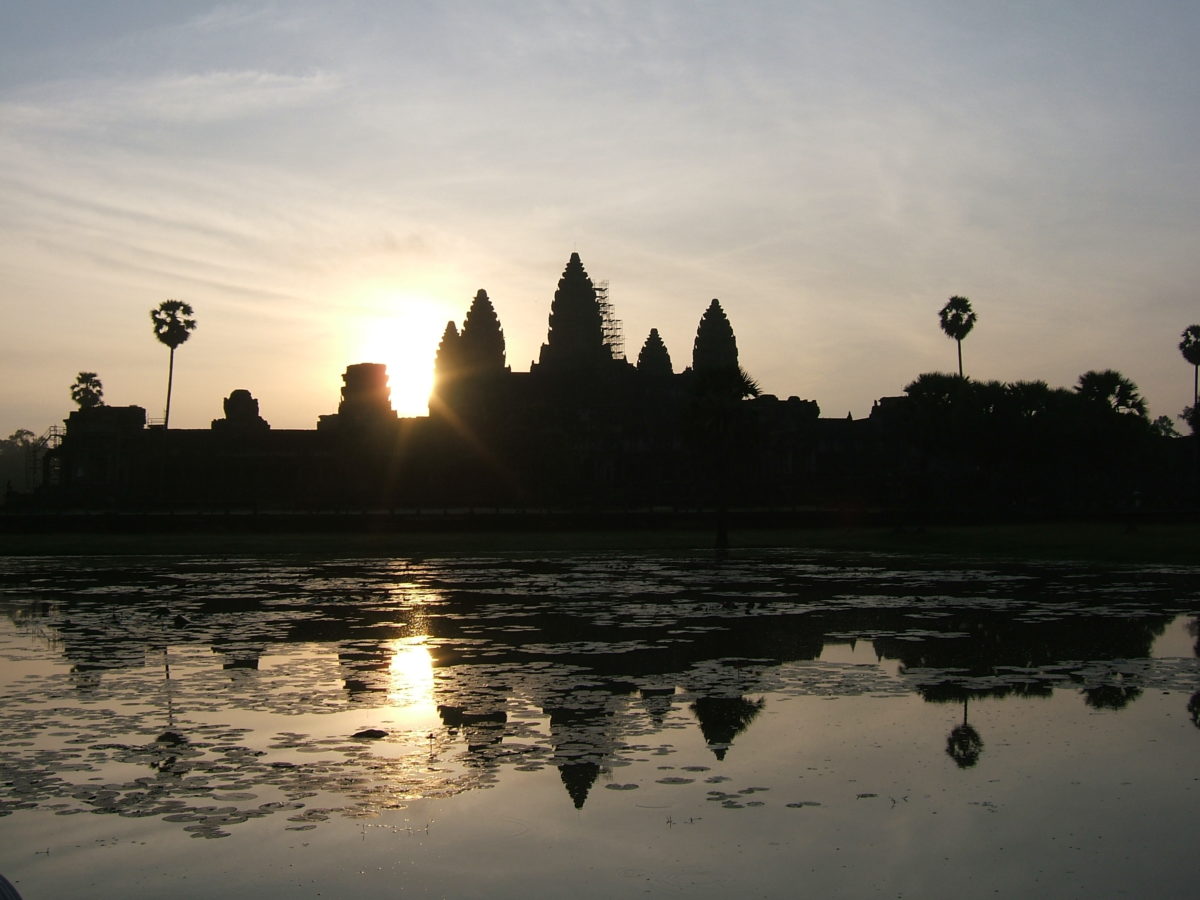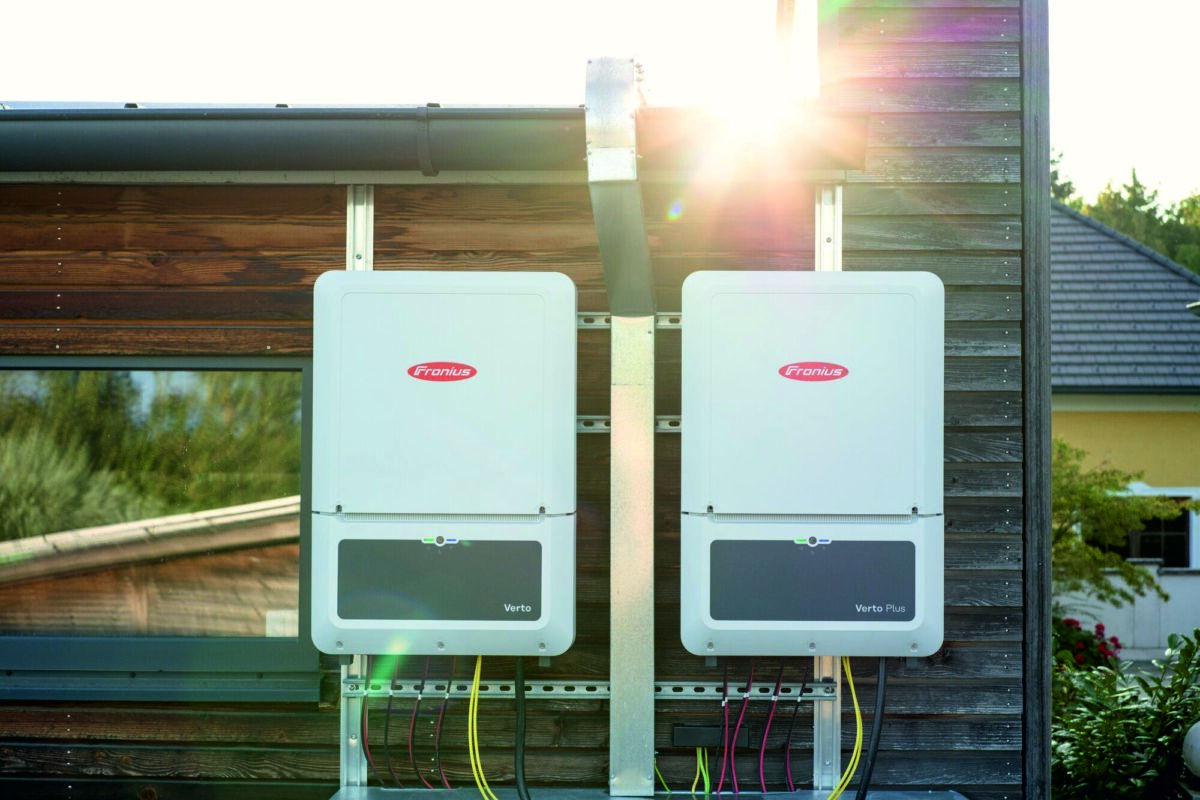The Asian Development Bank (ADB) is moving forward with implementation of the 100 MW National Solar Park project in Cambodia, launched in June 2017.
The lender has issued an expression of interest to seek project implementation consultants for design and construction of the large-scale solar park, which is expected to be developed in several phases.
The ADB said the project is intended to improve the power supply of national utility Electricité du Cambodge (EDC) and bring technical benefits to the grid. The project is also intended to expand low-cost power generation, diversify the generation mix with more clean energy, and extend the use of competitive tenders and other global best practices in Cambodia’s energy sector.
The solar park will be built on up to 200 hectares of land and will be connected to the EDC network near the Phnom Penh demand center – in the Kampong Speu and Kampong Chhnang provinces – through a transmission system to the GS6 grid substation.
Cleaning the grid
The first phase of the project will be tendered by the utility on an unspecified date and financed through private sector equity and commercial debt. The project is also intended to strengthen EDC’s ability to add renewable energy to its generation mix, including through technologies such as energy storage.
The ADB said the park will build on a 10 MW solar project implemented by Singapore’s Sunseap in Bavet, a special economic zone of Cambodia in the Svay Rieng province, near the border with Vietnam.
In October, the United Nations Development Program launched an initiative for the development of a “full economical appraisal of the potentials of solar PV energy in Cambodia”. The nation’s power demand is currently met mainly from hydropower and coal, which account for 40% and 36% of the electricity supply, respectively, with another 19% met from imported power.
Cambodia issued new rules for the integration of solar in January 2018. The guidelines established a framework for the installation of rooftop and large-scale systems but failed to provide financial incentives. Kohe Hasan, partner at Reed Smith and director of Resource Law LLC (Singapore), and Kaknika Lin, assistant consultant at KPMG Cambodia Ltd, in March provided a summary of the key regulations and discussed the country’s investment climate.
This content is protected by copyright and may not be reused. If you want to cooperate with us and would like to reuse some of our content, please contact: editors@pv-magazine.com.




5 comments
By submitting this form you agree to pv magazine using your data for the purposes of publishing your comment.
Your personal data will only be disclosed or otherwise transmitted to third parties for the purposes of spam filtering or if this is necessary for technical maintenance of the website. Any other transfer to third parties will not take place unless this is justified on the basis of applicable data protection regulations or if pv magazine is legally obliged to do so.
You may revoke this consent at any time with effect for the future, in which case your personal data will be deleted immediately. Otherwise, your data will be deleted if pv magazine has processed your request or the purpose of data storage is fulfilled.
Further information on data privacy can be found in our Data Protection Policy.